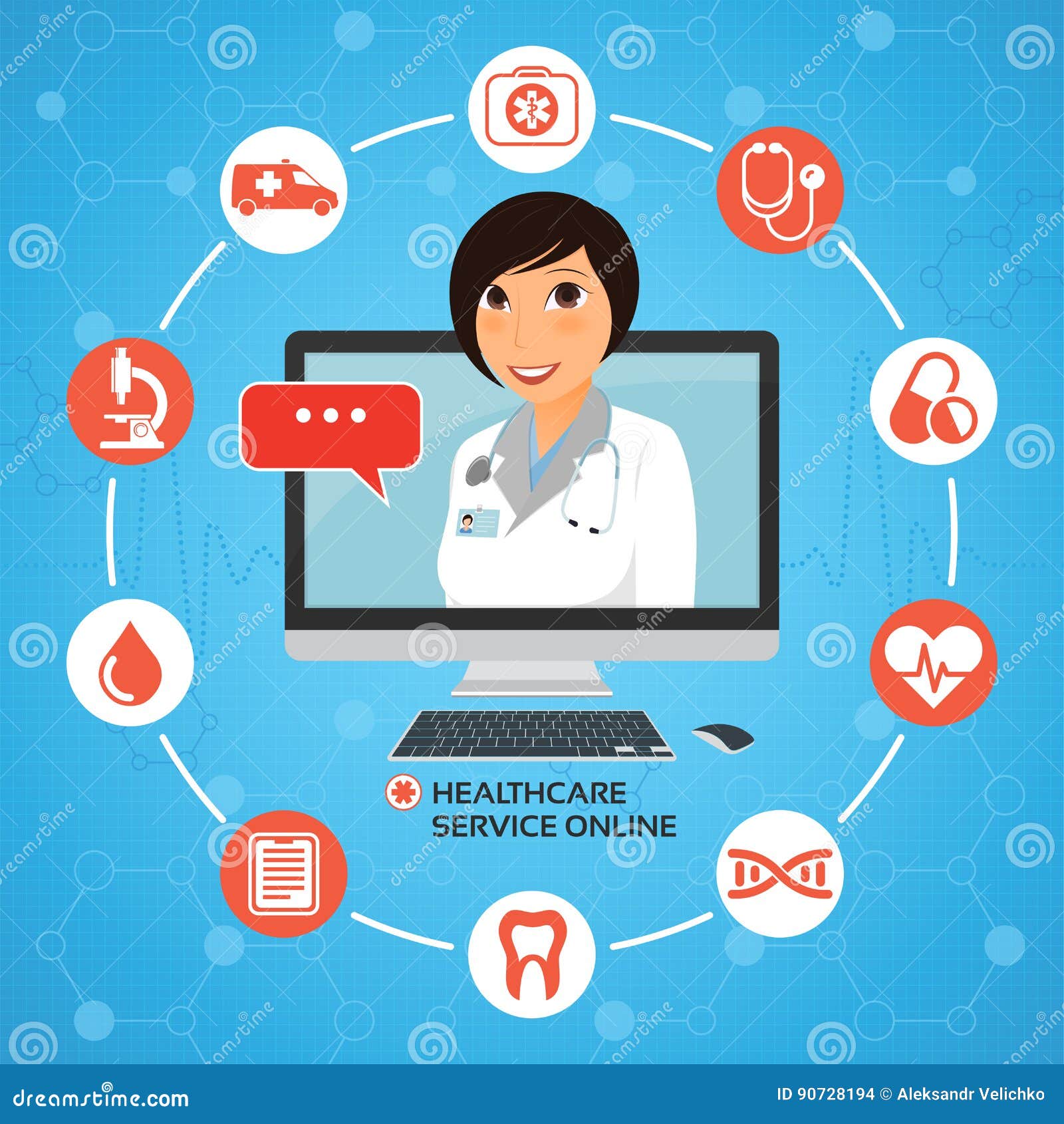The Rise of Subscription-Based Healthcare and Its Effect On Person Care
As health care evolves, the subscription-based version is obtaining grip, assuring to reinvent person treatment by offering predictability and availability. The possibility for these versions to reshape medical care delivery increases pressing inquiries about their lasting sustainability and inclusivity. Are these subscription services the future of medical care, or do they take the chance of leaving vulnerable populaces behind?
Recognizing Subscription Healthcare Designs
Grasping the principle of membership health care versions entails analyzing a transformative method to medical solutions that highlights affordability and accessibility. These designs, often referred to as straight health care (DPC) or concierge medication, have become cutting-edge choices to typical fee-for-service medical care systems. Membership medical care allows individuals to pay a set monthly or yearly charge for a specified collection of medical services, which might consist of endless office visits, regular exams, and standard laboratory tests, without the demand for typical insurance billing.
The structure of membership healthcare versions is designed to streamline person care by eliminating third-party payers and complex billing codes, thus decreasing administrative problems. Health care providers can focus a lot more on person care, cultivating stronger patient-provider connections. This design additionally promotes preventative care by encouraging regular brows through, as the financial obstacle of per-visit fees is removed.
The registration model usually equips healthcare suppliers to handle smaller sized individual panels, enabling even more personalized care. It aligns financial motivations with person health outcomes, as service providers are motivated to keep individual satisfaction and wellness. In general, recognizing membership medical care models needs acknowledging their prospective to reshape exactly how care is delivered and accessed.
Advantages for People and Suppliers

With a stable profits stream, medical care specialists can devote more time to each individual, leading to a more tailored and extensive treatment experience. The emphasis on precautionary treatment within membership strategies can lead to far better individual outcomes and reduced long-lasting healthcare expenses.
Difficulties and Issues
While subscription-based healthcare models existing various advantages, they likewise feature a set of challenges and issues that have to be attended to. First, access continues to be a considerable issue, as these models typically target people who can pay for month-to-month costs, possibly excluding low-income populations. This increases honest concerns regarding fair access to health care solutions. Additionally, the diverse nature of membership plans can bring about complication amongst patients pertaining to coverage specifics, potentially leading to unmet expectations or insufficient care.
Financial sustainability of subscription-based versions is an additional issue. Companies should stabilize the set income from memberships with the variable costs of medical care solutions, which might change because of unpredicted clinical demands. This can produce stress to limit services or rise fees, possibly impacting patient complete satisfaction and care top quality.
Furthermore, governing oversight of subscription-based healthcare models is still progressing. The absence of standardized structures can lead to inconsistent solution high quality and liability, complicating efforts to make sure client security. Finally, the combination of technology-- frequently a keystone of these versions-- questions regarding information personal privacy and safety and security, as sensitive individual information might be susceptible to violations. Resolving these difficulties is vital for the fair and successful application of subscription-based health care.
Influence on Patient-Doctor Relationships
One considerable effect of subscription-based healthcare versions on patient-doctor partnerships is the potential for enhanced continuity and personalized treatment. By taking on a subscription version, physicians can handle a smaller individual panel, enabling for more committed time with each person. This increased schedule fosters a deeper understanding of a person's medical background, lifestyle, and preferences, allowing more tailored treatment strategies and treatments.

Nevertheless, it is very important to recognize that while subscription-based versions might benefit those who can manage them, they can unintentionally widen health care variations. Individuals that are incapable to join these versions could experience lower access to customized treatment, potentially influencing their connections with health care providers. Therefore, while the subscription version supplies appealing benefits for patient-doctor connections, it likewise poses challenges that need to be resolved to guarantee equitable healthcare accessibility.
Future of Medical Care Access

The duty of modern technology can not be neglected in this improvement. Telemedicine systems and digital wellness records promote smooth interaction between clients and doctor, breaking down logistical and geographical obstacles. Additionally, advancements in artificial knowledge and data analytics can further individualize healthcare by predicting individual requirements and maximizing treatment strategies.
Nevertheless, the future of healthcare gain access to additionally provides challenges, such as making certain equity across different socio-economic groups. Policymakers and medical care suppliers should team up to bridge the electronic divide, making sure that subscription-based designs stay inexpensive and inclusive. As these systems develop, they hold the assurance of making medical care more available, effective, and patient-centric.
Final Thought
Subscription-based health care versions are improving person treatment by supplying a stable cost framework and improving availability. The surge of subscription-based health care urges positive individual engagement, which has the possible to improve individual outcomes and fulfillment, indicating a transformative change in health care shipment.
As healthcare evolves, the subscription-based design is acquiring grip, assuring to change client treatment by providing predictability and availability.Subscription-based healthcare designs provide unique advantages for both patients and service providers, improving the total healthcare experience.As medical care systems advance, the future of health care access frequently pivots on the assimilation of cutting-edge designs and modern technologies.Subscription-based health care designs are reshaping individual care by giving a Full Article stable cost structure and boosting ease of access. The surge of subscription-based medical care urges positive individual engagement, which has the potential to go to these guys enhance person results and contentment, indicating a transformative change in healthcare distribution.